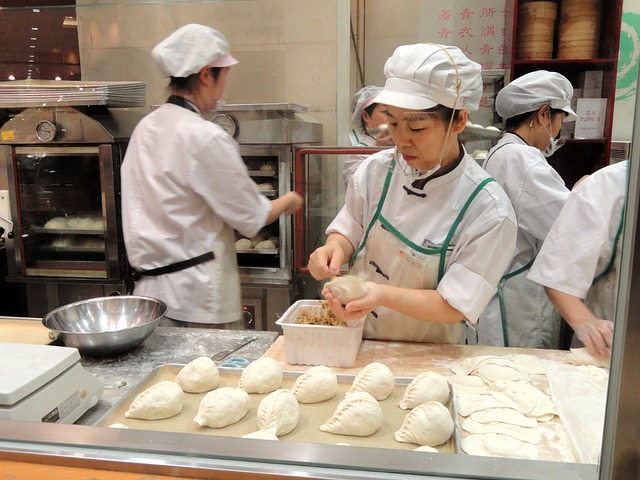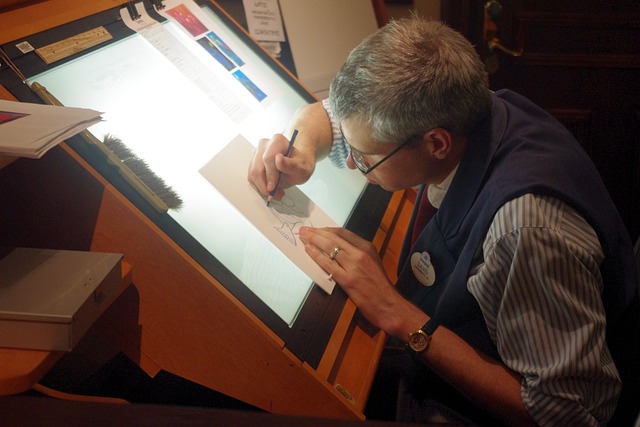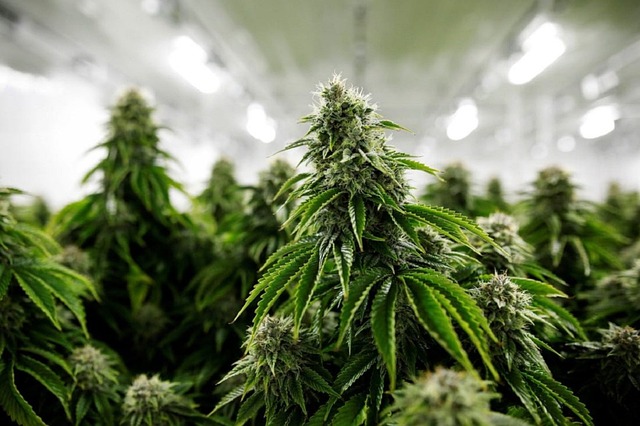Everything you should know about working in South Korea.
Work and good administration of a country's human and natural resources are the key to its success. Like South Korea, many poor countries, some devastated by wars, managed to get out of extreme poverty and emerge as a victorious society thanks to the efforts of millions of its inhabitants and the establishment of a Free Market Capitalist economic system.
Why is work done so much and at such a frenetic pace in South Korea?
In 2010, the estimated working hours per month in Korea were about 187 without counting overtime, a fairly high figure considering the development of the country. Currently, this number has been reduced to about 152 hours according to the law of the National Office for Worker Protection, although this number is quite flexible depending on the work that each person does and their employment contract. Even so, these figures should be far from the figures shown by other developed countries with the same economic system but with different cultures. Such is the case of the Netherlands, Sweden, Austria, Iceland or even Denmark, just to give a few examples.
Working in South Korea is not a problem because most of the jobs meet the necessary conditions to carry out such work. The real problem with working in this country is the pace at which you work and the obstacles imposed by your own culture.
Office work.
Office work in South Korea is one of the most popular and prestigious. It is the one that is shown in Korean dramas, movies and soap operas showing the office worker as a successful, intelligent and handsome individual. Something quite far from reality.
People who work in large companies like Samsung or LG hardly sleep. They are more connected with work than with their own family. Work times in the office often exceed 10 hours and sometimes workers remain in the offices for more than 14 hours. Most suffer from stress, hair loss, impotence, nervous problems and intestinal disorders that are the reason for excessive intake of alcohol, cigarettes and fast food.
Office workers in Korea also suffer from a cultural malady that forces them to meet with their bosses many times against their own will, at lunch and dinner times where they have to drink alcohol and eat what the boss orders even if they do not feel comfortable with the request. Anyone who refuses to take part in these meetings is frowned upon by the rest of the group, which creates a negative atmosphere in the workplace.
For any service worker it is a headache to deal with the client, especially those who, like me, have had the opportunity to work in cafeterias, bars or restaurants. Usually the average Korean customer is impatient. He doesn't like to wait. Something that clearly threatens the quality of the product that will later be delivered to it.
In a society where everything moves at a dizzying pace, people simply refuse to wait and if they feel discomfort with the service received, they turn to social networks in order to write bad reviews of certain places they frequent without even having previously explained their complaints or suggestions in a natural way to the staff in charge of the place. A behavior that to this day I do not quite understand.
Something similar occurs in other sectors of the economy, such as construction, where as a result of the pressure exerted by a company for a project to be completed on a set date, it often has poor finishes or is delivered to the client with quality standards lower than those agreed, resulting in numerous accidents throughout the country. In the worst case, costing the lives of thousands of people a year.
For those who work in the fields or in factories far from the city, the situation varies depending on the individual. In this type of work, most people are of foreign origin, which causes a high level of discrimination by Korean workers towards this group of people. A very common theme these days.
The situation is even worse for those who for personal reasons work in this country illegally, often not even receiving their monthly salary. This is due to the threats that these workers receive from the bosses, where they try to report them to the immigration authorities if they do not continue working for free until the person in charge decides, of their own free will, to make the payment.
For many Koreans interested in art, it is really difficult to make their way through this industry, often limited by the country's own culture. In Korea, most of the art manifests itself as a copy of Western culture and anyone who tries to bring something new and innovative to this industry is practically ignored or pushed aside.
This work philosophy dates back to the years of Japanese military occupation where the Koreans, once they achieved independence, embarked on a one-way journey towards development, working tirelessly together until they reached the development that millions of us enjoy and applaud today. A mentality that today seems to have no variants...
Reality shows that it is not necessary to work with the intensity that is worked here. All this happens as a result of the country's culture that imposes work behaviors that are even far removed from human nature itself, where rest or even vacations are often a secondary issue. A practically unknown subject for many Koreans who are even afraid to demand their free time for fear of being branded as lazy or weak.
Vacation systems for workers in South Korea.
* For those who work in the office it is even difficult to access 3 or 4 days of vacation at the same time. The companies usually recommend taking one day of vacation per month.
> Before offering wages to their workers, many companies deduct in equal parts the taxes related to retirement and health insurance. The discounted amount depends on the retirement plan or medical insurance that each individual has chosen and the tax rate varies between the following figures. (6.0 % ~ 48 %)
With the arrival of the pandemic in 2019, online business models became very popular and today, they continue to be the same source of motivation for a large sector of society. In Korea there are sales platforms such as NAVER, Coupang, 11 Street, G Market, among others, aimed exclusively at the national market.
All this sounds quite encouraging, although establishing a prosperous business model on the aforementioned platforms is not easy due to the current trade laws established by the platforms themselves, the excessive payment of taxes and the saturation of the market where there are thousands of companies competing among themselves and where each of the processes related to sales are carried out automatically, even with the help of artificial intelligence, making the proliferation of a self-financed emerging business really complicated.
Working hard can guarantee considerable economic stability and with them have the ability to cover essential expenses such as rent or property payments, health insurance, the car or even school and other personal and family expenses. These are the main benefits of having a stable job in this country however. The consequences of working at this pace are obvious and often cause irreparable damage to these individuals, who live a large part of their lives tied to their daily work, making it impossible for them to enjoy their time.
Millions of Koreans are drowning in loneliness. Many of them with a good economic situation but without plans or aspirations. Depression in Korea is commonplace, the perfect ingredient that fuels suicide. Failure is likewise another ingredient that turns Korean into a ticking time bomb. Work is precisely one of the main causes for which thousands of Koreans take their lives each year. Being impossible for many of them to deal with so much pressure.
To finish and as a conclusion I will tell you that working for someone else in this country in order to only generate more and more money is not recommended because the more you work, the more the owners make you work. Thus creating a vicious circle from which you cannot escape or refuse to do so. It is much better to create a plan that allows you to achieve economic independence in an estimated time that allows you, later, to create your own business model and thus avoid following someone else's orders and with them submitting to their whims.
Working with more freedom and less pressure in this country would solve many problems in which Korea is submerged today. This has been part of my work experience which I have had the privilege of sharing with all of you.










Comments
Post a Comment